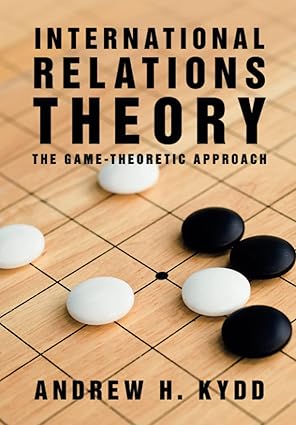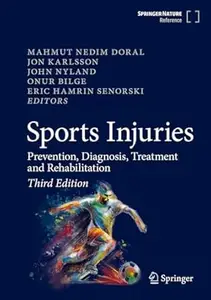Exposing ethical dilemmas of neuroscientific research on violence, this book warns against a dystopian future in which behavior is narrowly defined in relation to our biological makeup. Biological explanations for violence have existed for centuries, as has criticism of this kind of deterministic science, haunted by a long history of horrific abuse. Yet, this program has endured because of, and not despite, its notorious legacy. Today's scientists are well beyond the nature versus nurture debate. Instead, they contend that scientific progress has led to a nature and nurture, biological and social, stance that allows it to avoid the pitfalls of the past. In Conviction Oliver Rollins cautions against this optimism, arguing that the way these categories are imagined belies a dangerous continuity between past and present. The late 1980s ushered in a wave of techno-scientific advancements in the genetic and brain sciences. Rollins focuses on an often-ignored strand of research, the neuroscience of violence, which he argues became a key player in the larger conversation about the biological origins of criminal, violent behavior. Using powerful technologies, neuroscientists have rationalized an idea of the violent brain—or a brain that bears the marks of predisposition toward "dangerousness." Drawing on extensive analysis of neurobiological research, interviews with neuroscientists, and participant observation, Rollins finds that this construct of the brain is ill-equipped to deal with the complexities and contradictions of the social world, much less the ethical implications of informing treatment based on such simplified definitions. Rollins warns of the potentially devastating effects of a science that promises to "predict" criminals before the crime is committed, in a world that already understands violence largely through a politic of inequality.
چکیده فارسی
این کتاب با افشای معضلات اخلاقی تحقیقات عصبشناسی در مورد خشونت، نسبت به آیندهای دیستوپیایی هشدار میدهد که در آن رفتار در ارتباط با ساختار بیولوژیکی ما تعریف شده است. توضیحات بیولوژیکی برای خشونت برای قرنها وجود داشته است، همانطور که قبلاً نیز بوده است. انتقاد از این نوع علم جبرگرا، که توسط سابقه طولانی سوء استفاده وحشتناک تسخیر شده است. با این حال، این برنامه به دلیل و نه علیرغم میراث بدنام آن دوام آورده است. دانشمندان امروزی بسیار فراتر از بحث طبیعت در مقابل پرورش هستند. در عوض، آنها ادعا میکنند که پیشرفت علمی منجر به طبیعتی و پرورش، زیستشناختی و اجتماعی شده است که به آن اجازه میدهد از دامهای گذشته اجتناب کند. الیور رولینز در Conviction نسبت به این خوشبینی هشدار میدهد و استدلال میکند که نحوه تصور این دستهبندیها تداوم خطرناکی بین گذشته و حال را رد میکند. اواخر دهه 1980 موجی از پیشرفت های فنی-علمی در علوم ژنتیک و مغز آغاز شد. رولینز بر روی یک رشته تحقیقاتی که اغلب نادیده گرفته میشود، یعنی علوم اعصاب خشونت تمرکز میکند، که به عقیده او به یک بازیگر کلیدی در گفتگوی بزرگتر درباره منشاء بیولوژیکی رفتارهای جنایی و خشونتآمیز تبدیل شد. دانشمندان علوم اعصاب با استفاده از فناوریهای قدرتمند، ایدهای درباره مغز خشونتآمیز یا مغزی که نشانههای استعداد به سمت «خطرناک بودن» را در خود دارد، توجیه کردهاند. رولینز با تکیه بر تجزیه و تحلیل گسترده تحقیقات عصبی زیستشناسی، مصاحبه با دانشمندان علوم اعصاب و مشاهدات شرکتکننده، دریافت که این ساختار مغز برای مقابله با پیچیدگیها و تضادهای دنیای اجتماعی چندان مجهز نیست، چه برسد به پیامدهای اخلاقی درمان اطلاعرسانی مبتنی بر چنین تعاریف ساده شده رولینز در مورد اثرات بالقوه ویرانگر علمی هشدار می دهد که قول می دهد جنایتکاران را قبل از ارتکاب جرم "پیش بینی" کند، در جهانی که خشونت را عمدتاً از طریق سیاست نابرابری درک کرده است.
ادامه ...
بستن ...
ISBN-13: 978-1503627895
ISBN-10: 1503627896
ادامه ...
بستن ...










